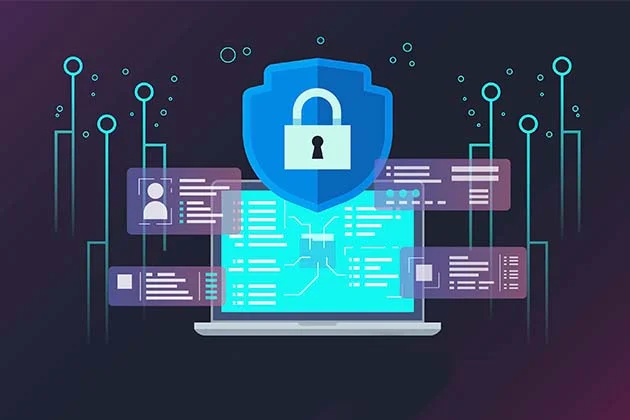With billions of internet users online each day, the need for cybersecurity is more important than ever. Since the risk of getting hacked, both professionally and personally, also continues to increase, so does the need for qualified cybersecurity professionals is also increasing. If you’ve always loved tech and want to work in the field, there’s never been a better time than now to take that first step. Aside from the salary, there are other benefits to working in cybersecurity. In this article, we’ll look at the role, the perks, and what you need to do to stand out against the competition.
Earn a Degree
While some are self-taught and learn enough to get hired, it’s usually better to earn a degree. A BA in the cybersecurity or information technology put you one step ahead of your competition. If you don’t qualify for a scholarship, you could apply for a student loan. You can use the money to cover the cost of your courses and possibly leave you with enough to purchase other school-related materials.
Compensation
The salary for this role is approximately 50 percent higher than jobs within private sector. It’s for this reason that a lot of people apply to work in the role. However, it’s also important to note that earning a high salary is also based on years of experience and what you bring to the table.
Work in a Sector You Enjoy
Another reason why this type of work is so appealing is the diversity of the role. There are pros and cons of the biotech industry, as there are for finance, education, medicine, and so on. But unlike other types of jobs, you can choose which sector of information security interests you the most. You may choose to work in a government agency, or you can choose to work in the private sector within a corporation. This is completely up to you, so it’s best to research each opportunity prior to applying.
Make the Most of Your Skillset
Another benefit of choosing this career is that you get to use everything you’ve learned in college. Unlike jobs where you might never get to use all the skills you acquired, working in this field allows you to use all of the skills you learned along the way. In addition, a lot of businesses will pay for you to learn more skills and stay on top of the latest security trends. They may offer give you a stipend to cover the cost, or they might pay for the education all at once. What’s better is that some organizations will even pay while you’re in school.
Growth is Guaranteed
One question that also comes to mind is whether there is room for growth. Since more than 25 to 30 percent of the American workforce started working remotely in 2021, there will also be room for growth. Even more reassuring is that this is one business sector that will continue to expand. Some of the top paying positions that will continue to grow include:
- Cryptographer
- Security Architect
- Vulnerability Assessor
- Security Engineer
- Source Code Auditor
- Chief Information Security Officer
Remote Work
What once used to only seem like a pipedream is now the norm. Once you find a job, you have the luxury of working remotely usually from just about anywhere in the world. While this may depend on which government agency or business you work for, most IT security specialists do have some degree of flexibility. Work stations are usually provided by their place of employment, so they never have to worry about being hacked themselves.
You Can Work for Yourself
In addition to being an employee, you can also consider starting your own firm. You can set your own hours, work with whoever you choose, and not have to worry about butting heads with colleagues or senior staff. While it might take some time and experience before you get to this point, it’s still something worth considering. Another plus about working for yourself is work/life balance. When you work for someone else, especially if you work for the government, you usually work long hours with overtime. You may be called in on weekends and holidays as well. When you’re self-employed, you get to call the shots. Even if you have clients who need your help during off hours, you still have more control over when you work.










